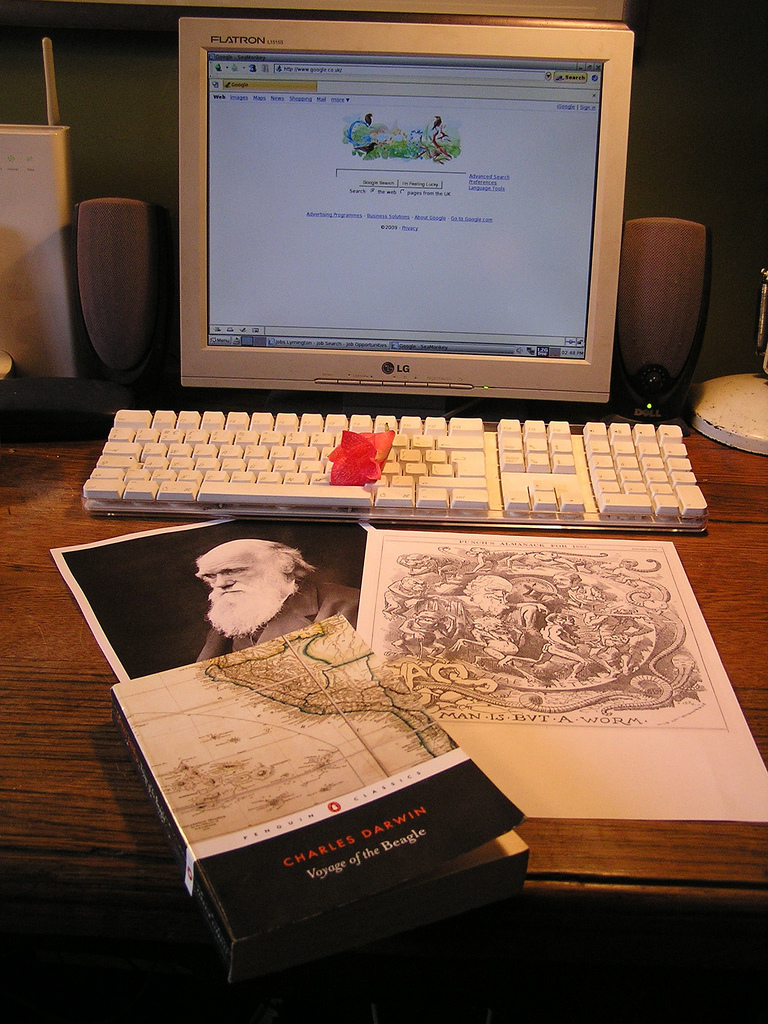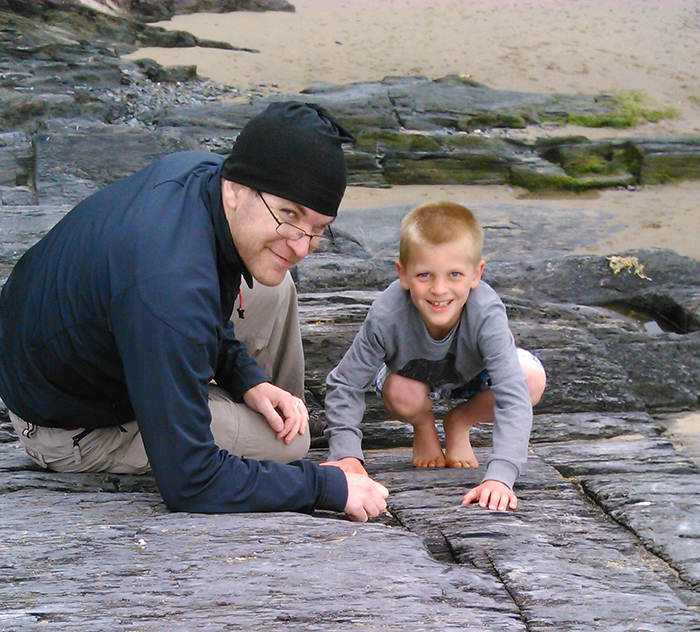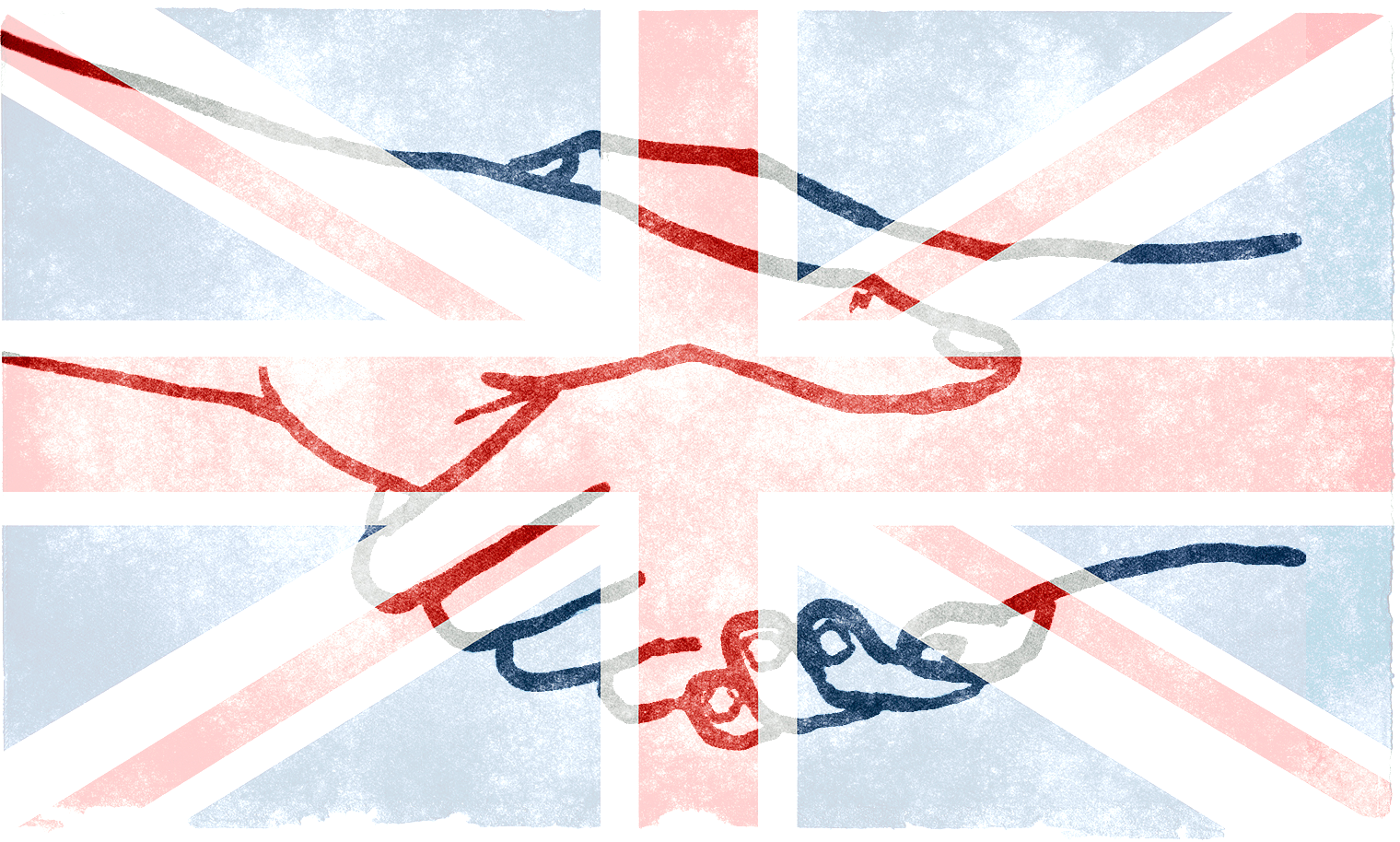Another response to the ‘spirituality’ debate, this time from Alan Rogers.
All religions of whatever variety try to find words which imply virtue and special qualities and which are accepted without question. Politicians do the same. American politicians use ‘America’ and ‘the American people’ in this way, as does Tony Blair use ‘family values’. The word ‘spiritual’ might once have meant simply ‘relationship to God’ but now it is a Humpy Dumpty word which means whatever the speaker wants it to mean. Thus, whenever someone uses the word ‘spiritual’ to me I have to ask, ‘What do you mean by “spiritual”?’
—Dorothy Rowe, world-renowned psychologist and writer
Jeremy Rodell of the British Humanist Association wrote an article in August defending the use of the term ‘spiritual’ by an atheist for describing emotional response to a variety of circumstances. I disagree.
Jeremy Rodell cites the experiences of looking at the night sky, seeing a superb mountain vista, being moved by great music and serving an ace in tennis as examples of spiritual experience. I struggle to see what these experiences have in common that requires an umbrella term and, if one must be used, why it should be the highly inappropriate word ‘spiritual’.
I am well aware of these experiences. I live in rural West Wales. We may not have many gin-clear nights but we are spared the far too prevalent phenomenon of light pollution. Looking up into that awe inspiring sight I am acutely aware of a sense of privilege. To be alive and aware at this time and place, to be the beneficiary of over 3 billion years of evolving life, to have received an education which allowed me to read the science which established the scale in space and time of the observable universe, such that I can see and understand what this spectacle means, is a privilege which I have done little or nothing to deserve. Where I live I am surrounded by beautiful scenery and have been fortunate enough to visit some of the greatest landscapes our planet has to offer. I enjoy music. The constructions in the syntax of melody, harmony and orchestration created by the greatest talents of my fellow man are pleasurable, joyous and often moving. To link these disparate experiences seems to me to be an artificial and unnecessary device. They each affect the senses and the mind in different ways. To name all these experiences with a word like ‘spiritual’ conveys the impression that they are outside human mental processes. In fact there is little evidence of permanence or universality in these things. The night sky was once the source of superstitious fear. Some still follow the idiotic utterances of astrologers. Mountain scenery was, a few centuries ago, regarded as oppressive and ugly. Not until the Romantic movement was established did the appreciation of such landscapes develop. Music too has its fashions. I know this myself since I appreciate virtually nothing written after Elgar and Holst. I simply do not understand the language, the syntax of modern composition.
So I think the need for a universal term is not demonstrated. Worse by far is the choice of ‘spiritual’ for this unnecessary purpose. Let us firstly dispose of the homographs.
The phrase over the pub door ‘licensed to sell wine and spirits’ does not mean that you will necessarily receive spiritual guidance within. The root of the word spiritual is ‘spirit’ with the meaning of a supernatural presence within or without the human body. Inside it is a soul. Outside it is a free soul or a ghost. The concept of material body and supernatural soul (spirit) is called Cartesian Dualism by philosophers. In 1949 Cartesian Dualism was put to the intellectual sword by the Oxford philosopher Gilbert Ryle in his book The Concept of Mind. He proved methodically that Cartesian Dualism was bunkum. Subsequent research in neuroscience completely vindicates Ryle. The computational theory of mind has removed the need for a supernatural explanation of mind every bit as much as the theory of evolution has removed the need for a supernatural creation of the species. A modern scientific view of mankind is that we have a body including a brain and nervous system and that the mind emerges from the working of these physical components. The mind is what the brain does. We see the placebo effect and the possible benefits of holistic medicine because the body and mind are one integrated system – necessarily, since they evolved together.
The followers of received religion which affirms the possibility of an after-life have no alternative but to suspend disbelief and visualize an immaterial soul which can escape the physical body upon death. They need the concept of spirit and the word ‘spiritual’ in order to sustain this self deception. The Concise Oxford Dictionary defines spiritual as: Of spirit as opposed to matter; of the soul especially as acted upon by God, holy, divine, inspired…. It has recently become very noticeable that religious leaders find the word “religious” inadequate. They refer pompously to “the Religious and Spiritual Life of the Nation”. I think it would be unkind to steal this word from them at a time of their greatest need.
Jeremy Rodell admits that the word is ambiguous. I think that this is due to its use being stretched to breaking point. I will give what I think is an important example later. He quotes the Church of England opposing an atheist or humanist contribution to Thought for the Day and seems to think that, if we can convince the C of E and the BBC that we have ‘spiritual’ experiences, they will graciously allow us to contribute; that we must present our beliefs as quasi-religious. I think that is too high a price to pay for five minutes of air-time. Personally, I would rather we concentrated on getting Thought for the Day renamed as Religious Platitude for the Day.
But the most dangerous result of the use of ‘spiritual’ from my own experience is its use in the NHS. Remarkably Jeremy Rodell quotes the NHS use of this term as a justification for the non-religious use.
The ambiguous use of the word ‘spiritual’ has been seized upon by the College of Health Care Chaplains. Despite the impressive academic name the CHCC is a branch of UNITE the union. This is an example of the trick I mentioned previously of using Religious and Spiritual as a cover, a smoke screen, for justifying the extension of religious interference into a wider sphere than that of the dwindling number of Christian adherents.
As I mentioned earlier I live in Wales. In 2010 the Welsh Government produced a set of documents called Standards for Spiritual Care in the NHS Wales. In fact the documents were written by the CHCC (in fact mostly copied from the CHCC sister organisation in Scotland) and signed off by the Minister for Health in Wales. These documents contain the following ‘definition’ of spiritual care. From the Standards for Spiritual Care in the NHS Wales 2010 we have an attempt at a definition of spiritual care.
Spiritual Care and Religious Care
The document Service Development for Spiritual Care in the NHS in Wales (2010) differentiated between spiritual care and religious care:
Spiritual Care in usually given in a one to one relationship, is completely person centred and makes no assumptions about personal conviction or life orientation.
Religious Care is given in the context of shared religious beliefs, values, liturgies and life style of a faith community.
Spiritual care is often used as the overall term and is relevant for all. For some the spiritual needs are met by religious care, the visits, prayers, worship, rites and sacraments often provided by a faith leader or representative of the faith community or belief group.
Spiritual care can be provided by all health care staff, by carers, families and other patients. When a person is treated with respect, when they are listened to in a meaningful way, when they are seen and treated as a whole person within the context of their life, values and beliefs, then they are receiving spiritual care. Chaplains are the specialist spiritual care providers.
Notice the sentence within the definition of Religious Care: Spiritual care is often used as the overall term and is relevant for all.
From this point on there is total confusion about these terms Religious Care and Spiritual Care. When we use one do we mean both? In the end there is a further definition following ‘Spiritual care can be provided by all… ‘and the whole thing simply becomes a requirement to be kind and empathetic. This should be in the job description of every health care worker in contact with the public and doesn’t need to be labelled ‘spiritual care’.
If we had only the definition of Religious Care ‘…shared religious beliefs, values, liturgies and life style of a faith community’ and an expression of the need to treat patients with humanity and with empathy then a great deal of the nonsense about ‘spiritual care’ could be eliminated.
In the past four financial years every chaplaincy post funded in the NHS Wales has been held by clerics. Of these 97.4% were for Christian clerics.
The care delivered in this time, at a total cost of over £5 million, has been religious care. I hope the chaplains are kind and empathetic towards all patients that is, or should be, a responsibility for all NHS staff in contact with patients. The chaplains are trained clerics and are in hospitals to provide religious care. The use of the word ‘spiritual’ is obfuscation. We really must not allow ourselves to be a party to this deception.
In the Standards for Spiritual Care Guidance document (2010) the Acknowledgements section is as follows (my comment in square brackets):-
Rosemary Kennedy, Chief Nursing Officer [A political appointee]
Rev. Peter Sedgewick
Rev. Alan Tyler
Rev. Chris Lewinson
Rev. Peter Gilbert
Rev. Cliff Chonka
Rev. Wynne Roberts
Rev. Edward Lewis
Rev. Robert Lloyd-Richards
Rev. Lance Clark
Imam Farid Khan
Carol English UNITE [The College of Health Care Chaplains is a branch of UNITE the union]
Steve Sloan UNITE
You will notice that the Standards for Spiritual Care Guidance have been prepared by clerics (as it happens, exclusively male clerics), their trade union officials and a political appointee of the Welsh Government. I can find no reference to a consultation with the public or with hospital patients. I understand that a letter was sent to the Royal College of Nursing which received a brief, formal reply.
Could it be any clearer that hospital chaplaincy is about delivering religious care and the use of the word ‘spiritual’ is an attempt to justify the use of tax payers’ money for this purpose? That’s what I personally think is going on.
In Wales, we have a Charitable Chaplaincy Campaign intended to save £1.3 million of NHS Wales budget for nursing and medical use by encouraging organised religion to set up a charity to fund this service. I contend that the use of the Humpy Dumpty word ‘spiritual’ by the non-religious muddies the waters, allows it to be used unchallenged by organised religion and obstructs our campaign.









